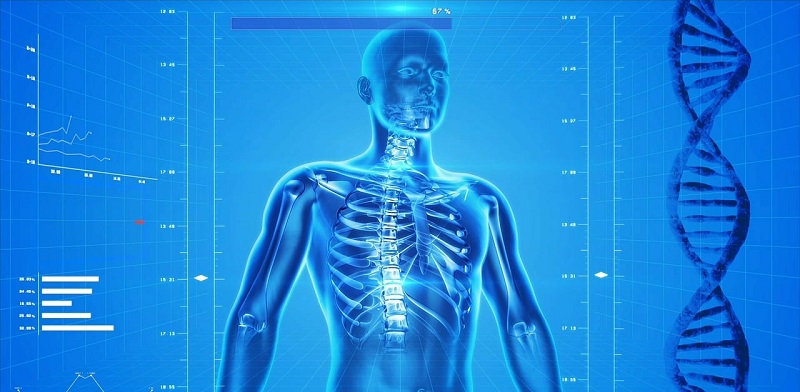The UK’s National Health Service (NHS) has announced a £21 million investment into artificial intelligence (AI), accelerating diagnoses for cancers, strokes, and heart conditions, and revolutionizing patient care. This move towards AI-powered healthcare is considered a game-changer in providing personalized care and improving patient outcomes.
Swift Implementation of AI Tools
NHS Trusts will have an opportunity to secure funding for the swift implementation of AI tools. The emphasis is on enabling faster treatment of patients during the upcoming winter season. This move is crucial considering the increased patient load that the healthcare system will face during the winter months.
Incorporating AI decision-support tools
The government has pledged to incorporate AI decision-support tools into all stroke networks by the end of 2023. This initiative aims to enhance stroke diagnosis and treatment and bolster health and social care. It is a step towards providing more personalized and efficient care for patients.
A New Era for Medical Care in the UK
AI in the NHS is a new beginning for UK medical care. With the NHS spending £10 billion annually on medical technology and the global market projected to reach £150 billion next year, improved access to new technologies such as AI brings substantial benefits to patients. It enables preventive measures, early diagnosis, effective treatments, and speedy recovery.
Expanding AI Stroke Diagnostic Tech
The Health and Social Care Secretary, Steve Barclay, has committed to expanding AI stroke-diagnostic technology to 100% of networks by 2023. This move is expected to reduce treatment delays and improve patient outcomes. The use of AI in stroke diagnosis has already demonstrated significant benefits, which can lead to post-stroke independent living.
The Impact of AI in Healthcare
In his statements, Secretary Steve Barclay revealed that AI is already transforming the way healthcare is delivered. The integration of AI tools across the NHS is an opportunity to advance healthcare delivery and improve patient outcomes. AI tools are making a significant impact across the NHS by diagnosing conditions earlier, which means people can be treated more quickly.
Diagnostic AI tools aiding clinicians
With a substantial number of monthly chest X-rays, deploying diagnostic AI tools to more NHS Trusts will help clinicians in early cancer detection. This move will ultimately enhance patient outcomes by providing better treatment options.
Benefits of AI in the NHS
The implementation of AI in the NHS can lead to several benefits such as improved efficiency in diagnosing and treating patients, minimizing errors and decreasing waiting times. AI can also help in predicting outbreaks and providing personalized treatment recommendations based on genetic data analysis. Additionally, robotic systems can be used to assist in surgery, enabling physicians to perform complex procedures with greater precision and accuracy. The use of AI in the NHS could ultimately lead to cost savings, allowing for more effective allocation of resources to improve patient care. The use of AI in the NHS has already demonstrated significant benefits, including faster stroke diagnoses. This can be crucial in providing early treatment and care for patients, which can potentially result in better outcomes. AI has the potential to transform healthcare by providing personalized care and improving patient outcomes.
Improving Diagnosis and Speeding up Treatments
Improving diagnosis and speeding up treatments for patients through AI is game-changing. Early detection of various illnesses, combined with efficient treatment, can improve patient outcomes and save lives. AI helps remove human error from the equation, ensuring a higher degree of accuracy in healthcare delivery.
AI is revolutionizing the healthcare industry, and its implications are massive. The NHS’ investment in AI is a step in the right direction towards providing quality, efficient, and personalized healthcare services. The integration of AI across the NHS has the potential to transform patient outcomes, improve care, and reduce costs. With the world’s rapidly changing healthcare landscape, the use of AI in healthcare delivery is not a luxury, but a necessity. Exciting times are ahead for the healthcare industry in the UK.

